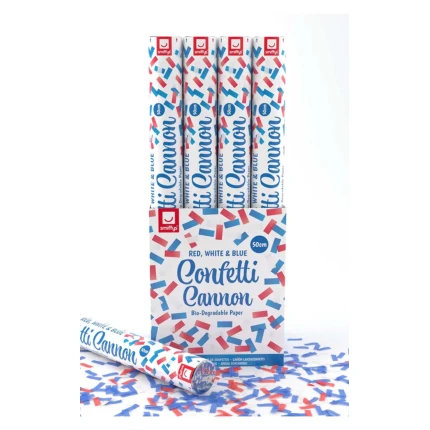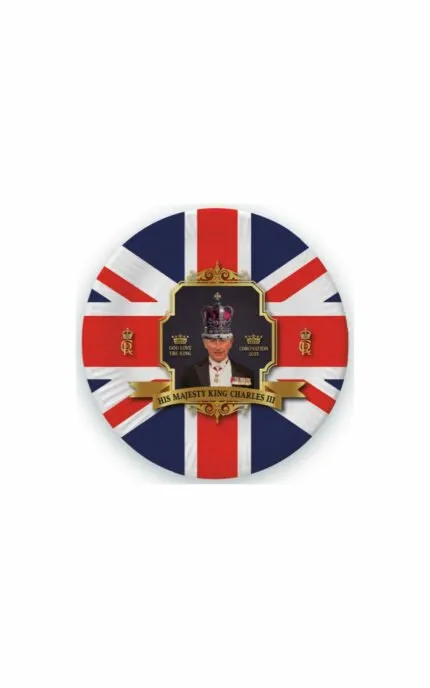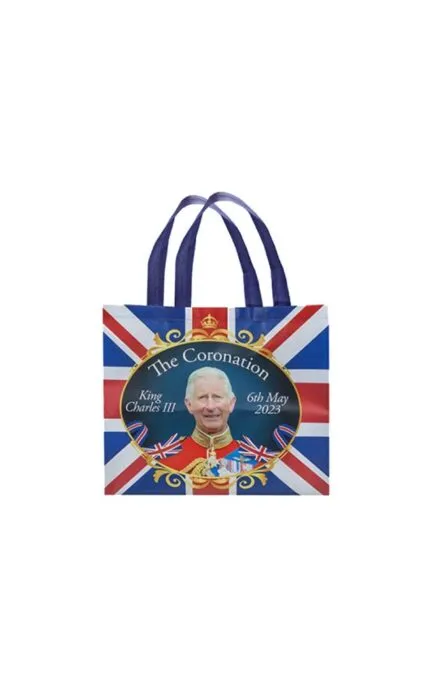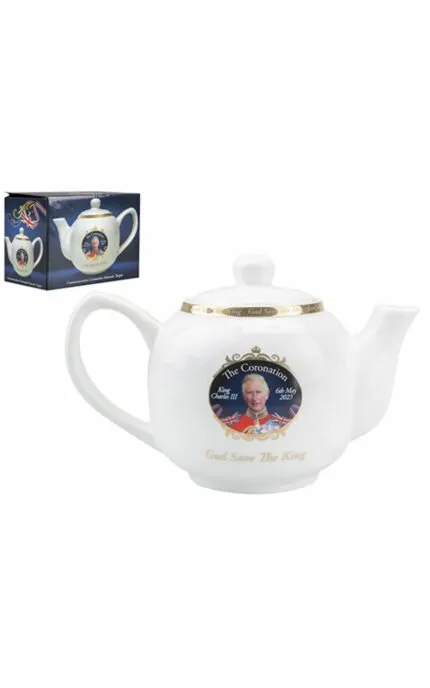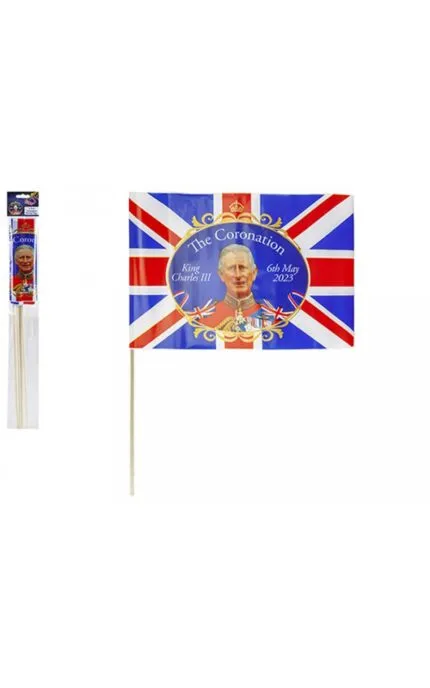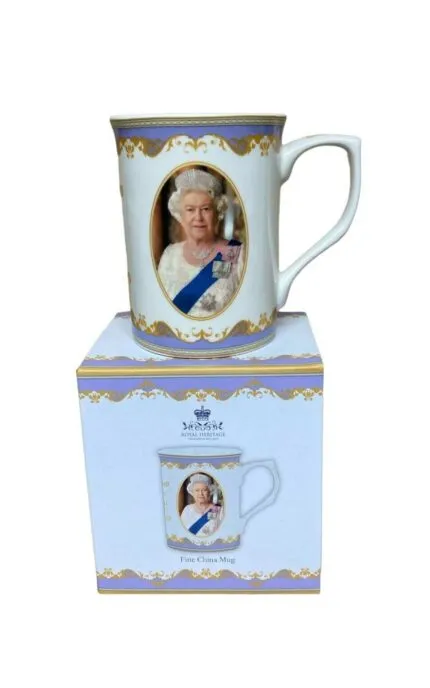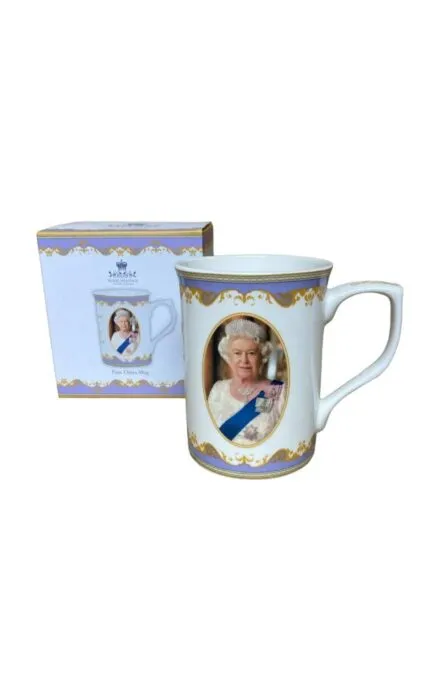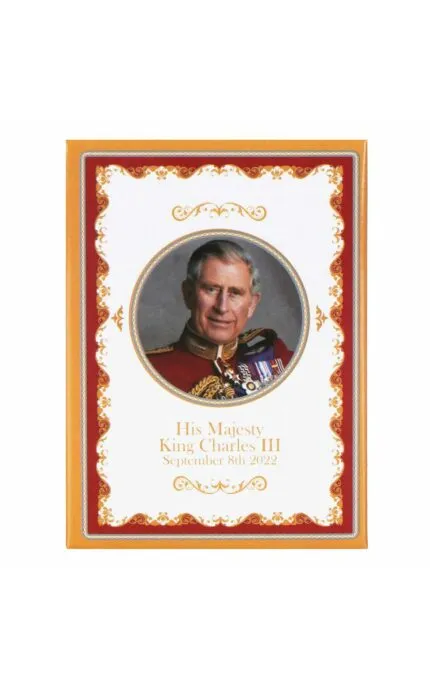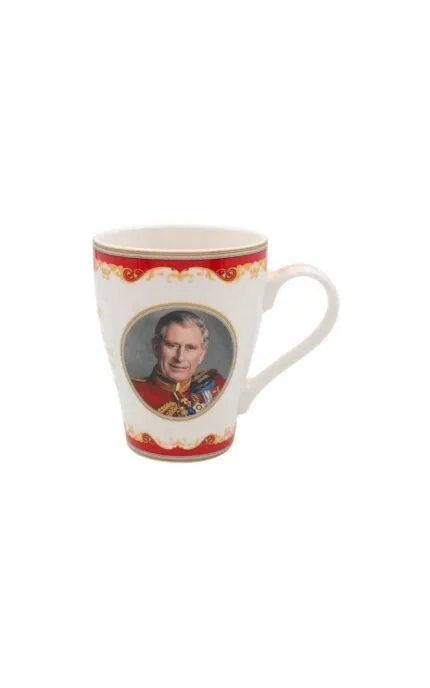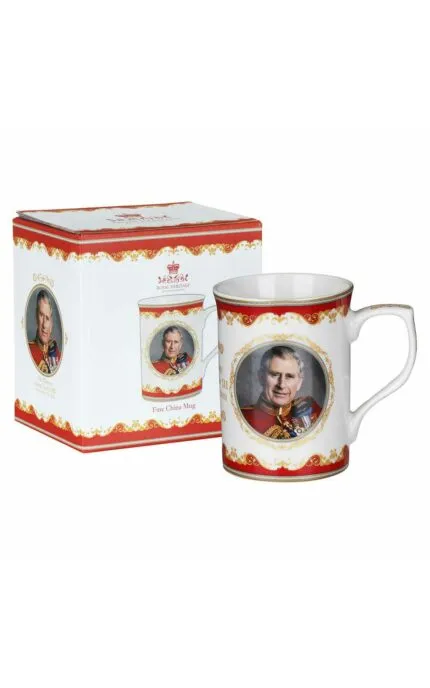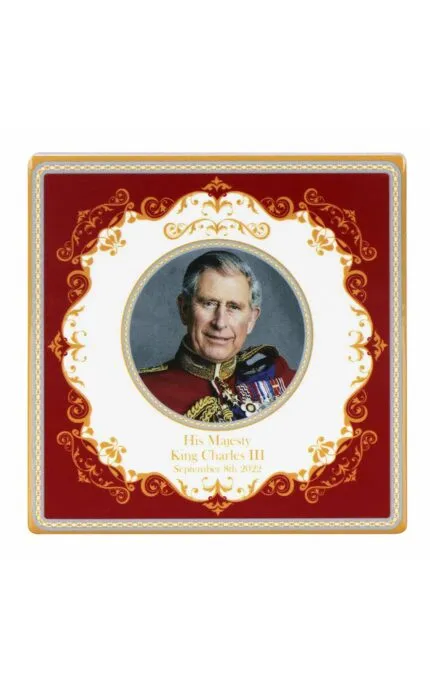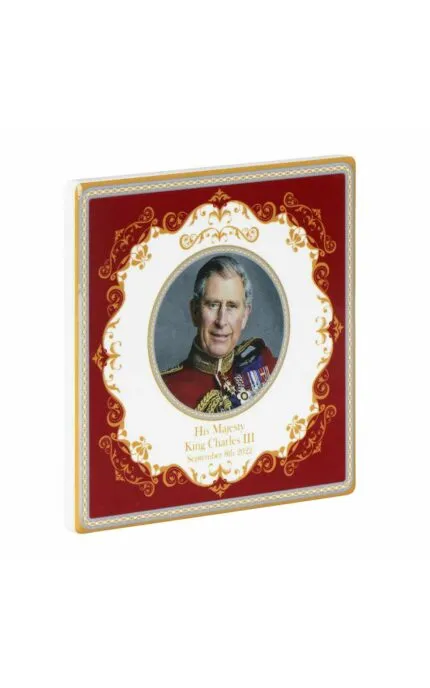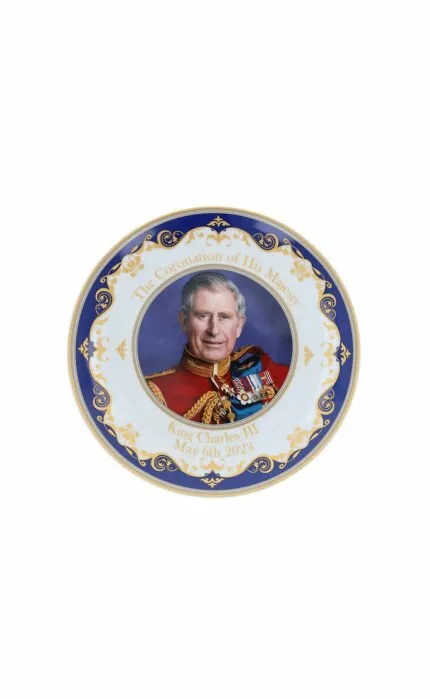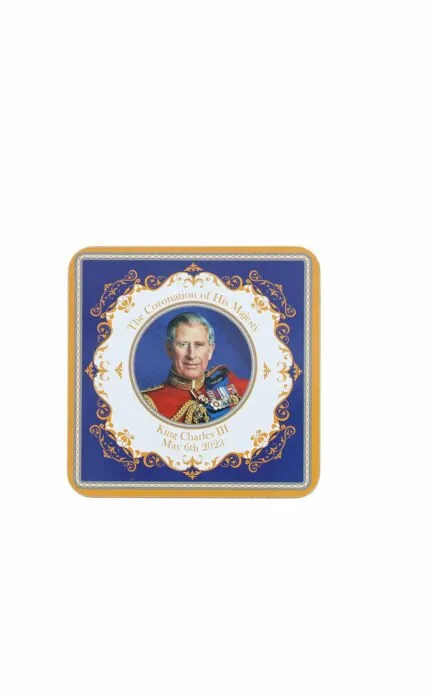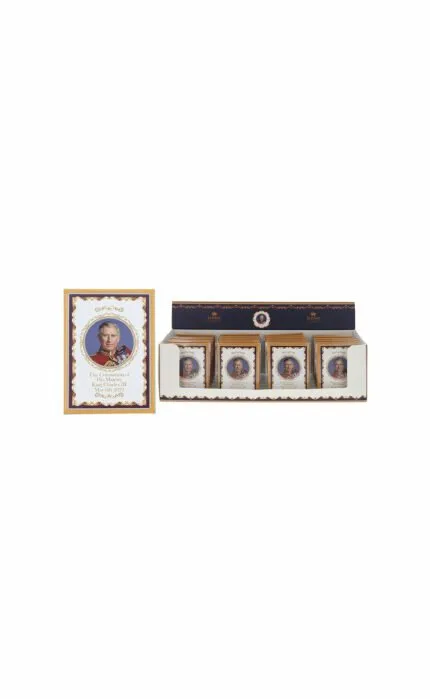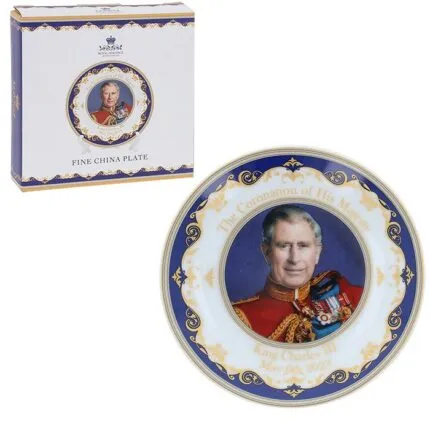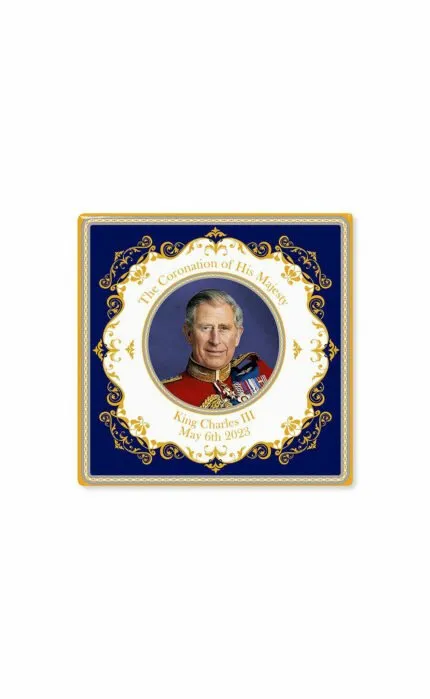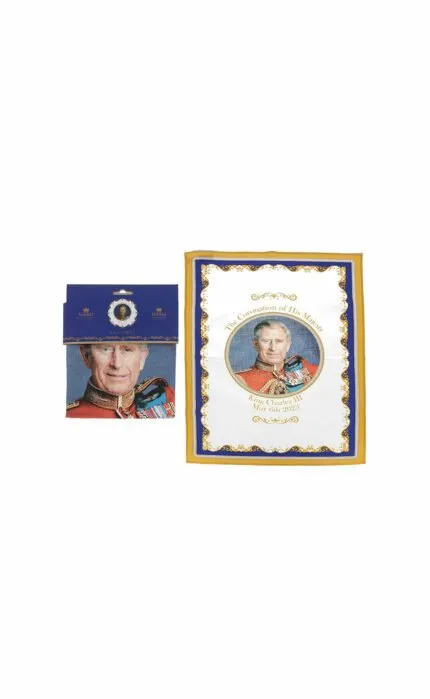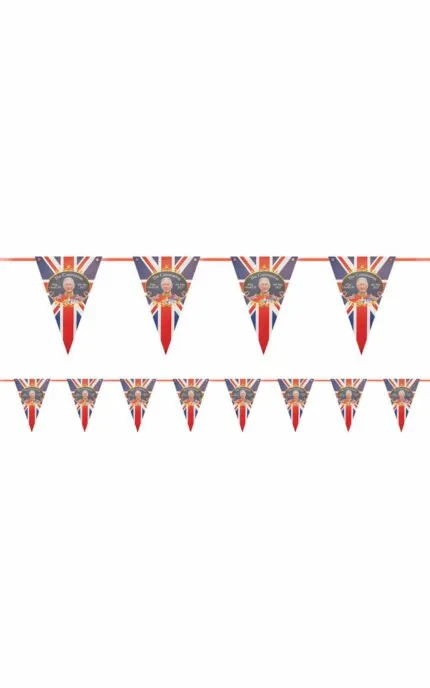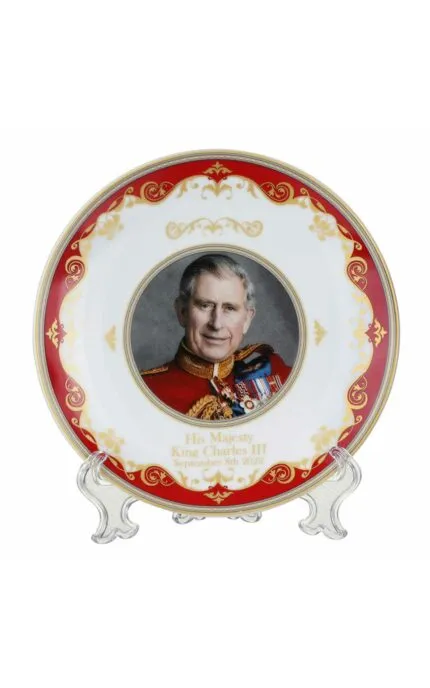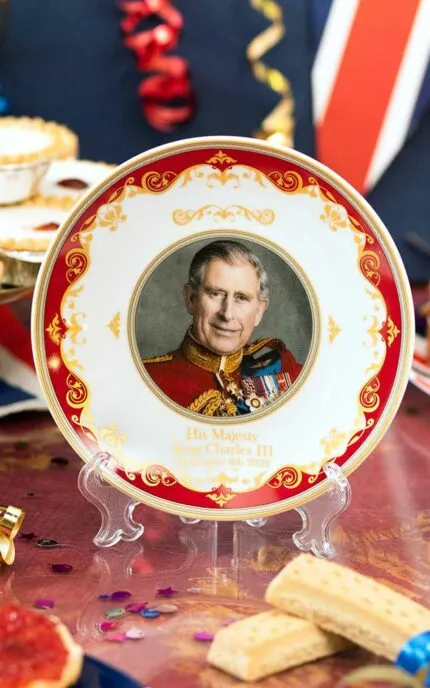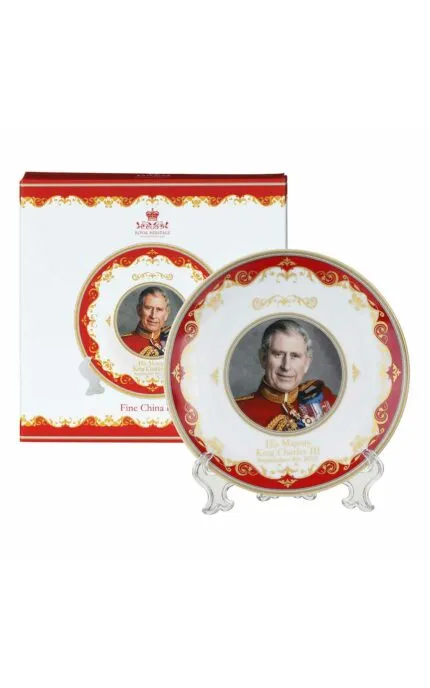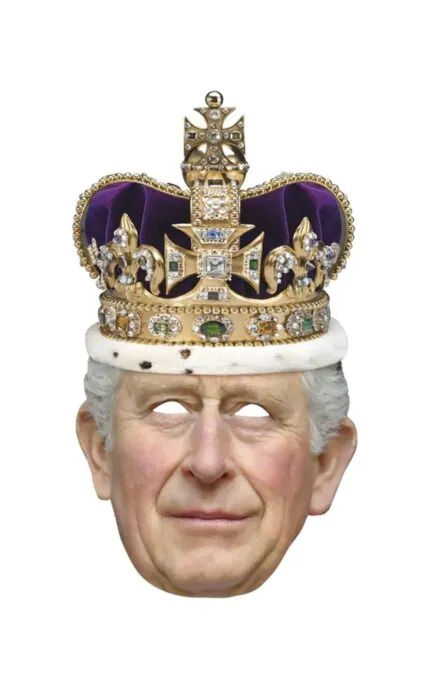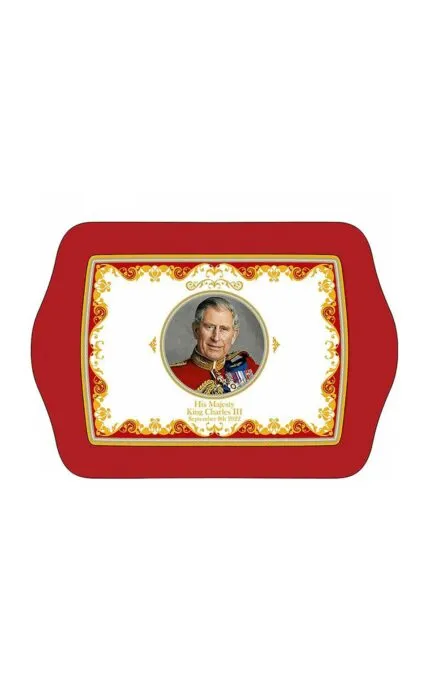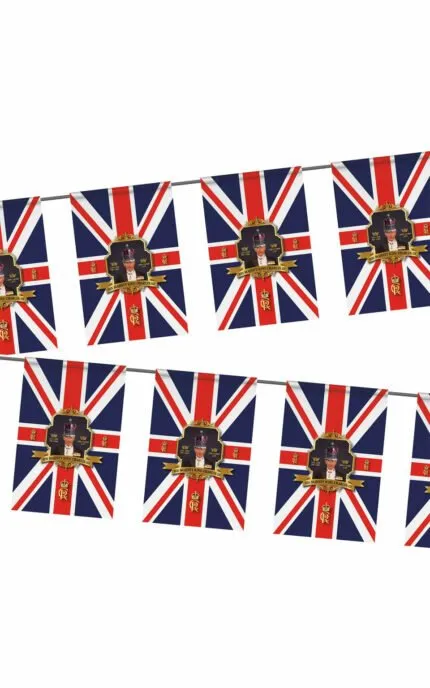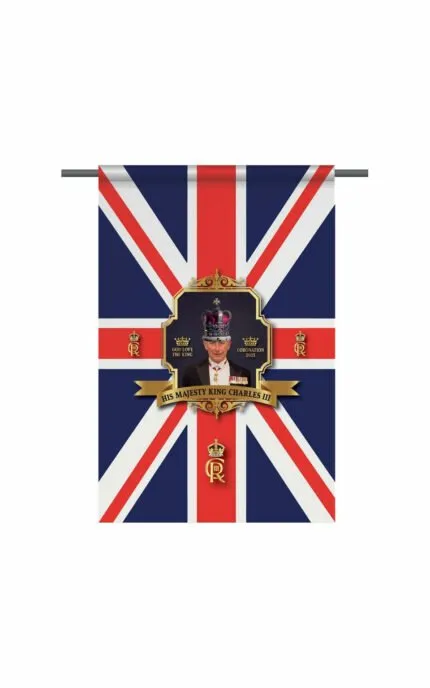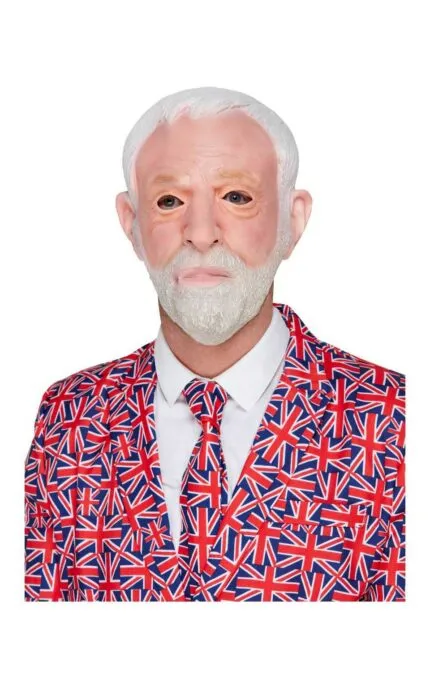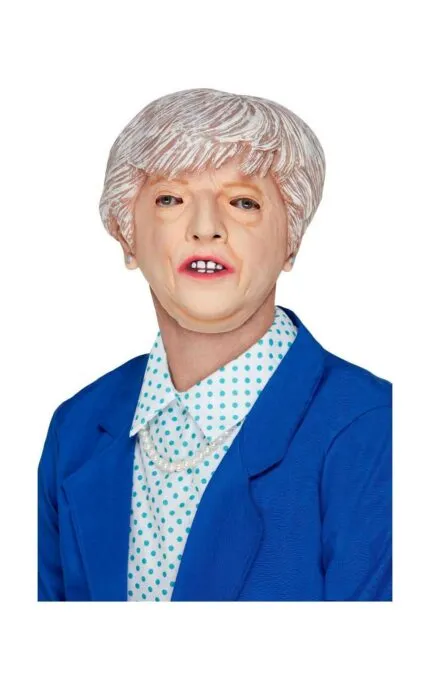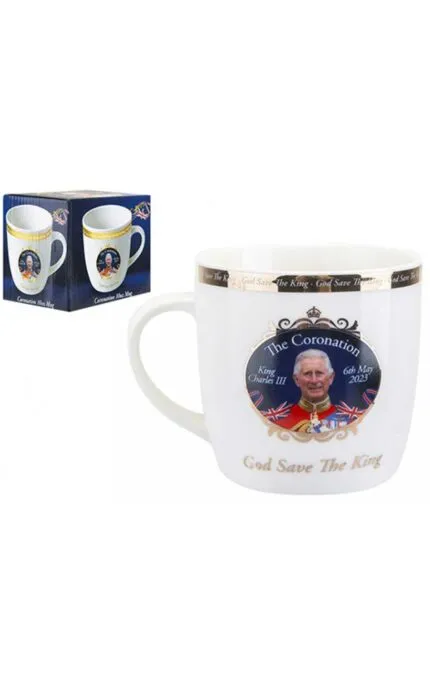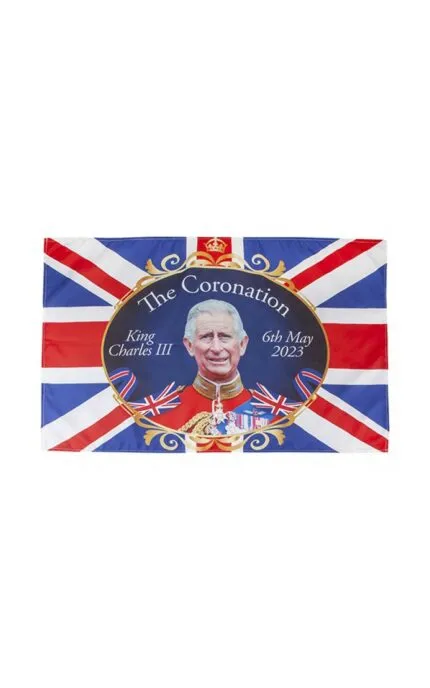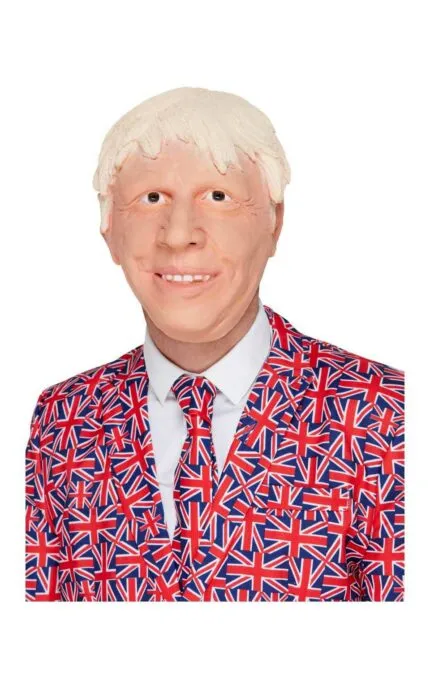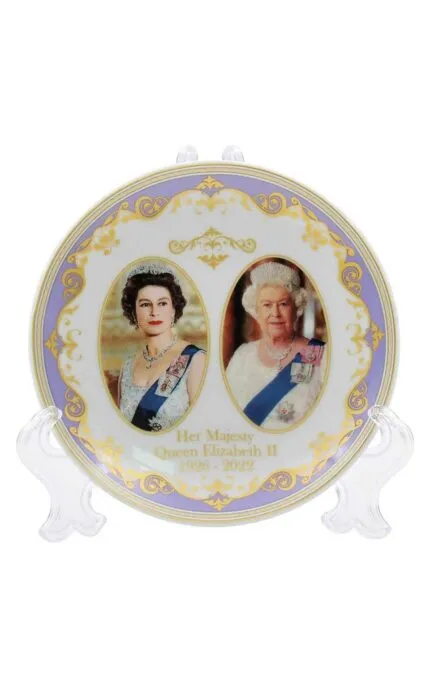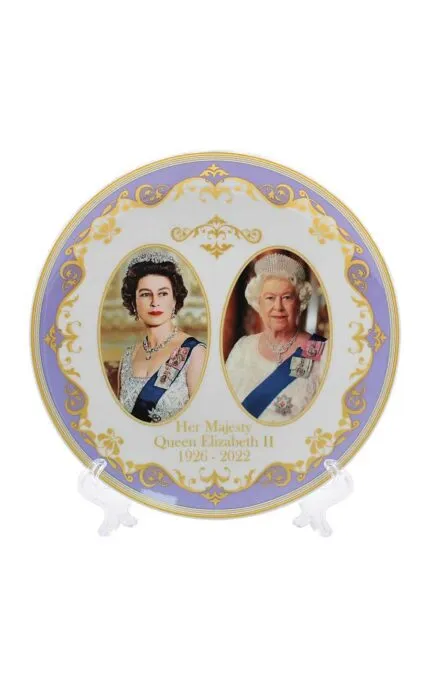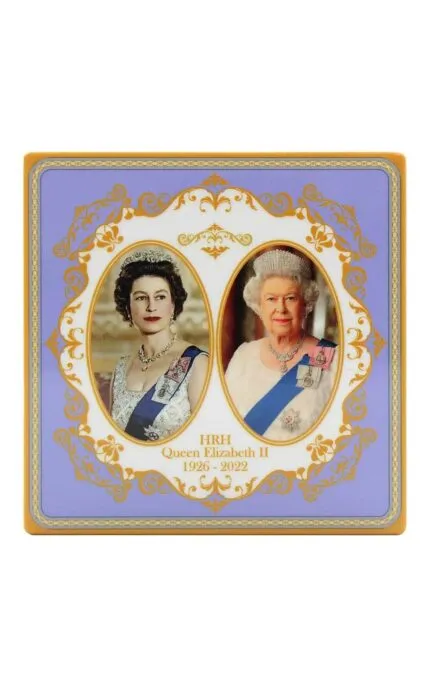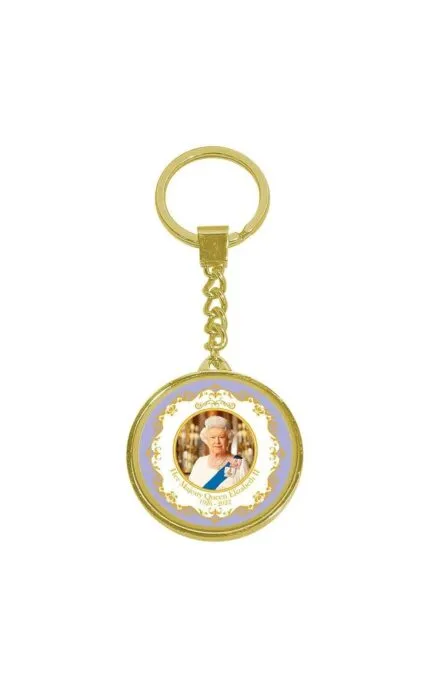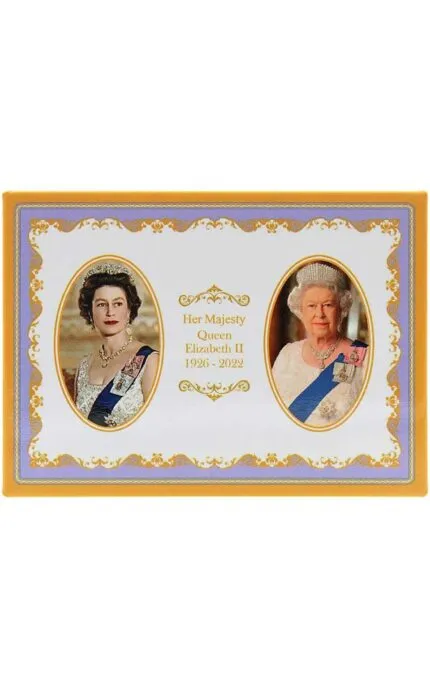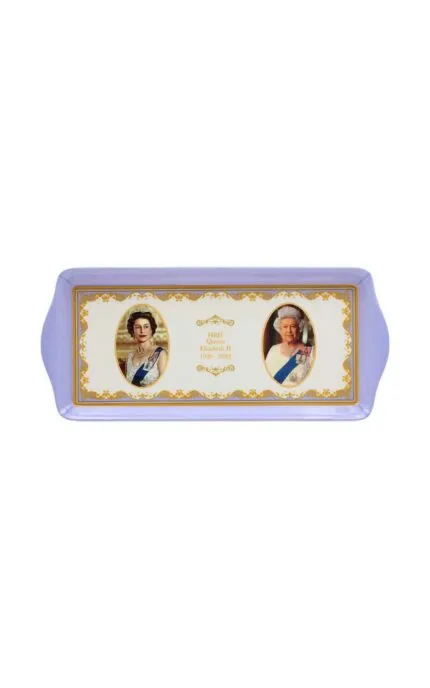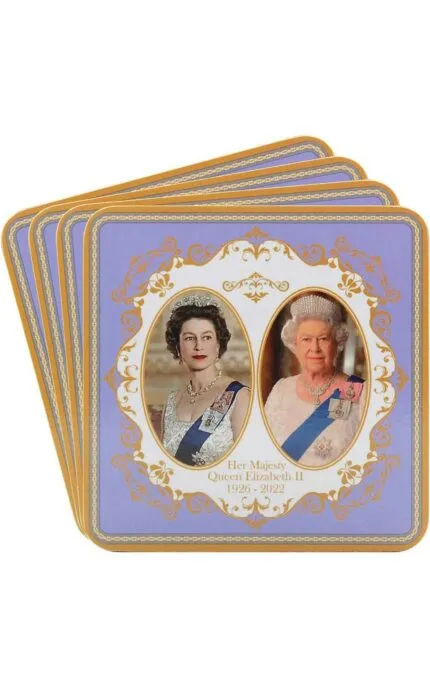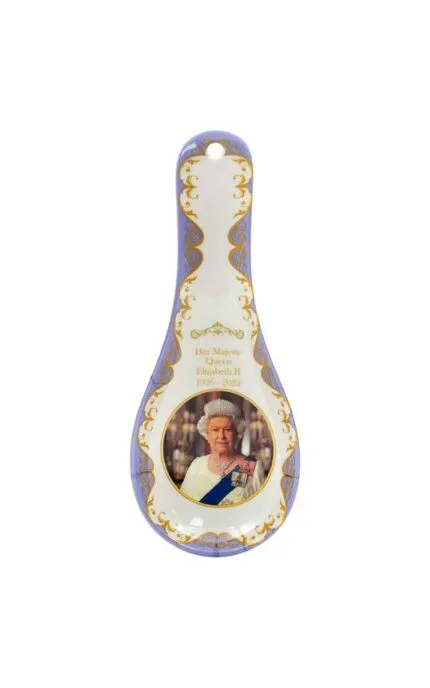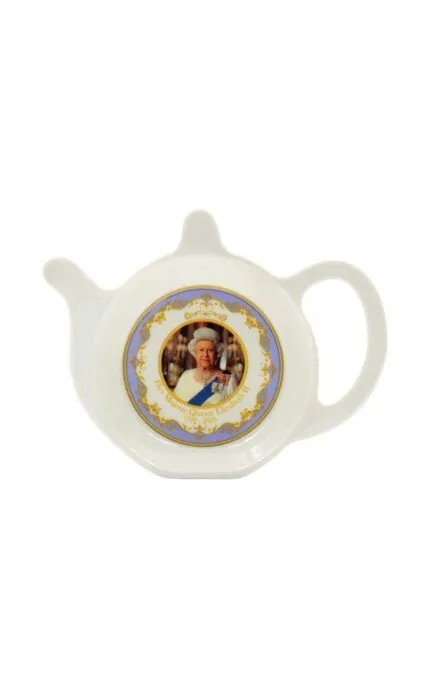Coronation
The coronation is a momentous occasion that has been steeped in tradition and pageantry for centuries. It is a grand ceremony that marks the ascension of a monarch to the throne, and is a celebration of their sovereignty and power. From the elaborate robes and regalia to the ceremonial procession and oath of allegiance, the coronation is a spectacle that captures the imagination and captivates audiences around the world. In this article, we will explore the history, traditions and significance of the coronation, and discover why it remains one of the most important events in the royal calendar.
The History of the Coronation
The coronation has its roots in ancient history, dating back to the Roman Empire, where the emperors were crowned with laurel wreaths as a symbol of their power and authority. In England, the coronation can be traced back to the 10th century, when King Edgar was crowned at Bath Abbey in 973 AD. Since then, the coronation has evolved and developed over the centuries, reflecting the changing political and social landscape of the country.
The Traditions of the Coronation
The coronation is steeped in tradition and symbolism, from the anointing of the monarch with holy oil to the presentation of the orb and sceptre. Here are some of the key traditions that make the coronation such a unique and special event:
- The Monarch's Oath: During the ceremony, the monarch takes an oath of allegiance to their subjects and promises to uphold the laws and customs of the realm.
- The Anointing: The monarch is anointed with holy oil on the hands, breast, and head as a symbol of their divine right to rule.
- The Crown: The monarch is crowned with a jewelled crown, which symbolises their sovereignty and power.
- The Regalia: The monarch is also presented with other symbols of their authority, including the orb, sceptre, and sword of state.
- The Procession: After the coronation ceremony, the monarch takes a ceremonial procession through the streets of London, allowing the public to see and celebrate their new king or queen.
The Significance of the Coronation
The coronation is more than just a grand ceremony – it is a powerful symbol of continuity and stability in times of change. It reminds us of the long and rich history of our country, and the enduring legacy of the monarchy. Here are some of the key reasons why the coronation is so significant:
- The Monarch's Role: The coronation reaffirms the monarch's role as the head of state, and their responsibility to uphold the traditions and values of the country.
- National Unity: The coronation is a moment of national unity, where people from all walks of life come together to celebrate and honour the new monarch.
- Historical Continuity: The coronation links the present with the past, reminding us of the long and rich history of our country, and the role that the monarchy has played in shaping it.
FAQs:
Q: Who was the last monarch to be crowned?
A: The last monarch to be crowned was Queen Elizabeth II in 1953.
Q: Why is the coronation important?
A: The coronation is important because it is a symbol of the monarch's role as the head of state, and a moment of national unity and historical continuity.
Q: What happens during the coronation ceremony?
A: During the coronation ceremony, the monarch takes an oath of allegiance, is anointed



